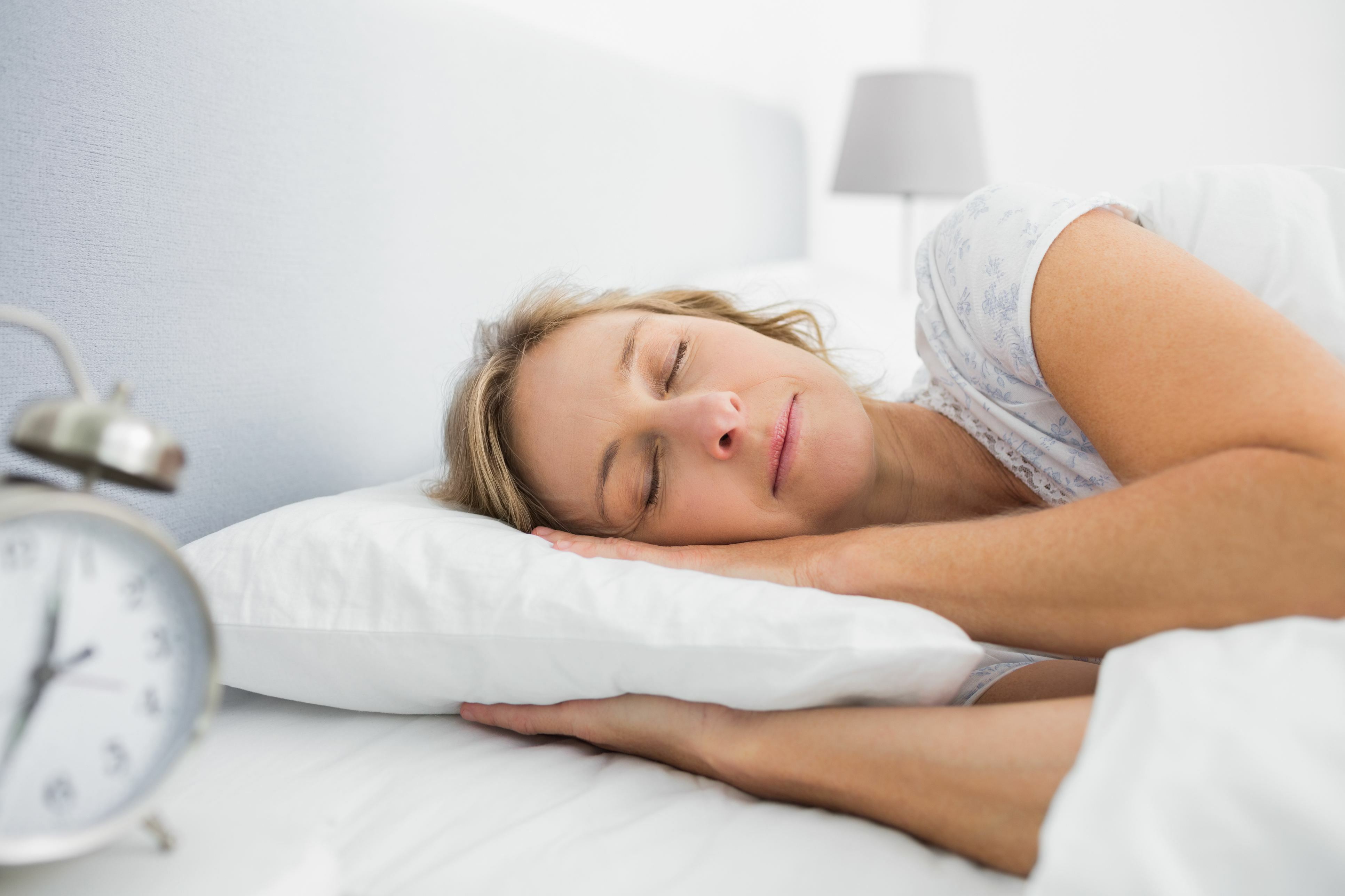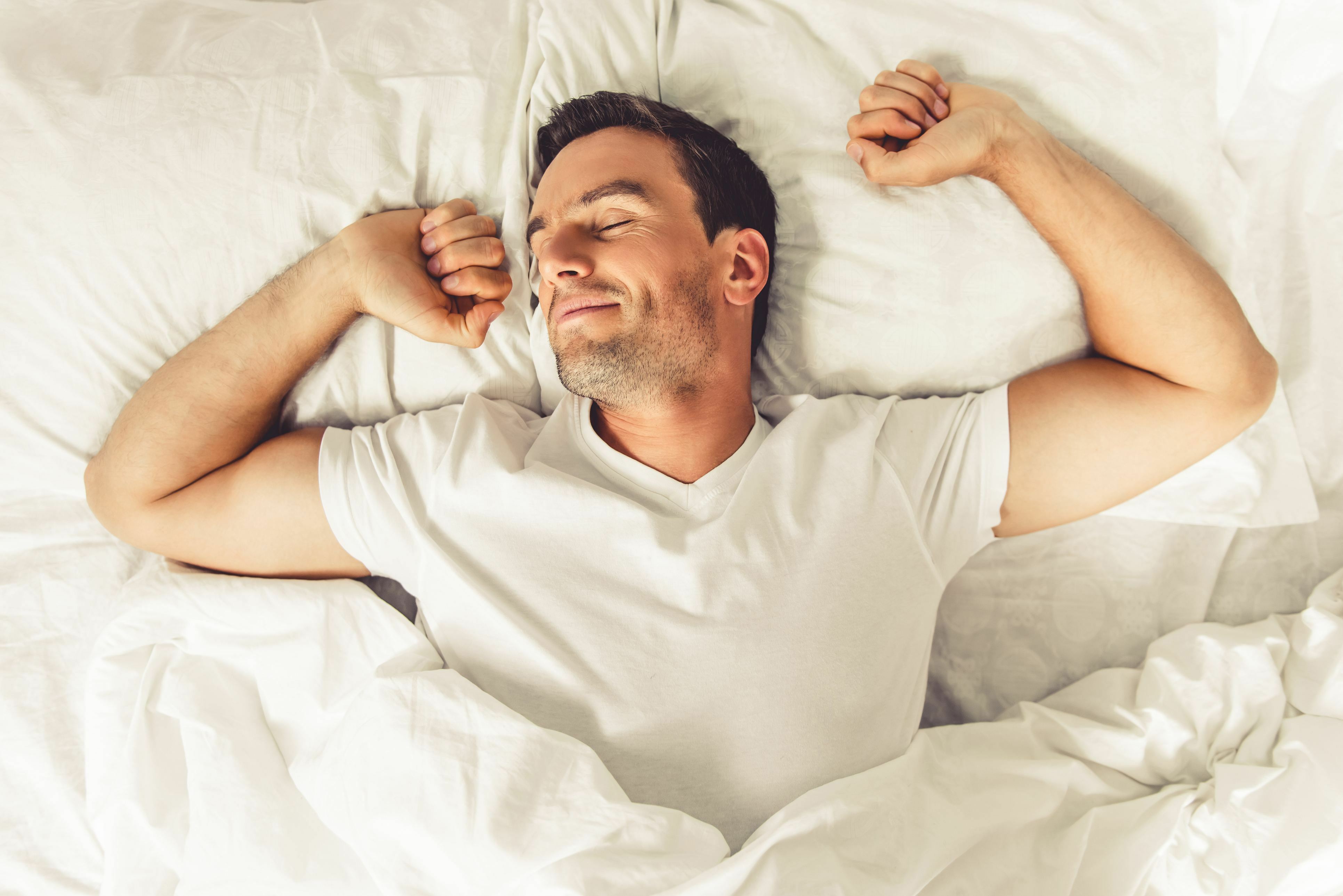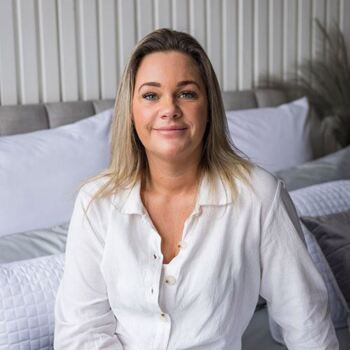Considering we spend a third of our lives asleep, we have some common misconceptions about sleep that we can’t seem to shake. From the snooze button to sleep debt, here’re some of the biggest sleep myths, debunked by us.
1. We need eight hours a night
It’s the myth that’s drilled into us from childhood: eight hours is the holy grail of sleep. Actually, the amount of sleep you need varies from person to person: some people need nine hours, while others will feel refreshed after seven.
The key is to try and work with your REM cycle, 90-minute cycles when you go from light to deep sleep. Ideally, you want to be waking up at your lightest point to feel the most rested. Try sleeping without an alarm at the weekend and see just how much your body really needs.
2. Going to bed late is bad for you
We’ve all heard the phrase ‘the early bird catches the worm’, but if you’re a night owl, you don’t need to worry. Contrary to common perception, late sleepers aren’t lazy – they simply work, live and sleep to different circadian rhythms than the early risers.
It’s important that you find the times that work best for you for different activities during the day: you might feel more energised in the afternoon, for example, so should save your most intensive work for then. The same goes for sleep – simply go to bed when you’re tired and you’ll feel better than if you try and force yourself into an unnatural rhythm.
3. Hitting the snooze button will get me 10 more minutes of good sleep
The snooze button feels like a lifesaver on those early mornings, but do you really feel better after an extra five minutes of sleep? The truth is that the extra bit of kip you get in the morning is only very light, easily-interrupted sleep that will make you feel groggy when your next alarm wakes you – so it’s far better to try and get up straight away.
4. Watching TV will help make me sleepy
Whether you struggle getting to bed at night or find yourself waking up in the early hours, the temptation to reach for a book or the TV remote is great. However, the brain power needed to process words and information will keep you awake more than it will help you sleep, and screens are even worse: the bright blue light from your TV will just wake you up even more. Keep your room dark and do some light stretching if you need to.
5. Sleeping at the weekend makes up for less sleep in the week
As painful as it might be to hear, paying off sleep debt isn’t a thing: the hours you lose from late nights is sleep lost forever. Accumulated sleep debt can lead to sleep deprivation, which is linked to a whole load of health problems, including obesity and high blood pressure. Rather than trying to bank the hours at the weekend (which won’t work), set yourself a bedtime and a wake-up time and stick to it every day. You’ll feel well-rested and you’ll find the mornings easier, too.









